HAVING done a lot of musical theatre growing up, it was always going to be inevitable that Aiyana Bartlett would pursue a professional acting career.
The young talent has used that natural flair for performance to take on challenges, such as playing two contrasting roles in new theatre production, Testmatch.
Bartlett is part of an all-female cast in the Kate Atwell written play set across two time periods.
The first is in the locker room at Lord’s, when there is a rain delay in a world cup cricket match between England and India. The second is in colonial India. Playing an Indian cricketer and a mixed heritage woman from the past has enabled her to go on an interesting journey in the thought provoking play directed by Diane Page.
Eastern Eye caught up with the actress ahead of the show’s premiere at Orange Tree theatre in London, before a UK tour, to find out more.
What can you tell us about your new play, Testmatch?
What is wonderful about what Kate has written, is that the two parts are in completely different worlds.
The first takes place today at Lord’s cricket stadium and the second is in 1700’s ‘Calcutta’. A major theme in both parts is how colonialism has seeped into all our DNA.
Tell us about the characters you play.
So, my first character (India 2) is a queer, closeted Indian cricket player. Her teammates know she is gay. She is a realist, laid back and not for the drama. My second character (Daanya) is a mixed-race girl from a village south of Calcutta - her mother being Indian and her father being one of the British colonialists. She is ambitious, talented and cheeky.
I don’t think there is enough representation for mixed race characters in the theatre/arts generally, so I’m excited for the world to meet her.
How do you approach depicting two characters in the play?
I have done this before, during my time at the Oxford School of Drama, but was switching between two characters constantly throughout the play, so this feels like a luxury.
On a real note, I approach the skeleton of my characters in the same way normally; finding their characteristics and how they differ from each other and myself, writing a biography, figuring out their needs and wounds. Then, depending on the writing’s genre, I take different steps accordingly.
Who do you think this play will resonate most with?
I really do hope everyone. Of course, it would be wonderful to see more of the Indian community in the theatre.
I hope our audiences learn something about our British history that we don’t get taught in schools. The British history that’s swept into the cupboard.
Have you learned anything new while working on this show?
Oh god, yes. I have learnt so much about how our minds work, colonialism and how everyone alive now has been affected by it. I could write a dissertation about what the cast and crew have taught me in a short time.
What does it feel like being part of a show with an all-female cast?
It is such a privilege. My last show was just me, and here I have five other women to work and create with on stage. Under (director) Diane’s guidance, we have cultivated such a supportive and playful atmosphere from the get-go. A lot of the crew are women as well, so you can trust there’s a lot of girl power going into this play.
How do you feel ahead of the play being staged?
Honestly, it is quite daunting, having all of us on stage for a lot of it, but it’s exciting. The most joyful parts to play are normally the most daunting.
What inspires you as an actress?
Lots of things. I try to find inspiration in my everyday life and there is something so beautiful about real stories and real people on stage.
My biggest inspirations, though, are the people I have learnt and grown with and seeing them do wonderful things with their acting.
My friends from drama school are definitely at the top of that list.
What do you most love about theatre?
I love how tangible the stories are, and how they happen right in front of you. The idea that we can create a world completely separate from an audience and yet it’s so close.
What’s your favourite theatre play?
In the past year, I have seen some amazing theatre, but one that has stuck with me was Grenfell: In the Words of Survivors at the National.
It led the audience through every single human emotion and was all true. I left that show very grateful for my life.
Why should we watch Testmatch?
I think this play is genius. You can expect to laugh, cry, be surprised, and enticed. Everything! And to top that off, you’ll leave having learnt something and conversations, that need to, will start happening.
Testmatch at Orange Tree theatre, 1 Clarence Street, Richmond, Surrey TW9 2SA from Saturday (20) – until Saturday, May 18. www.orangetreetheatre.co.uk






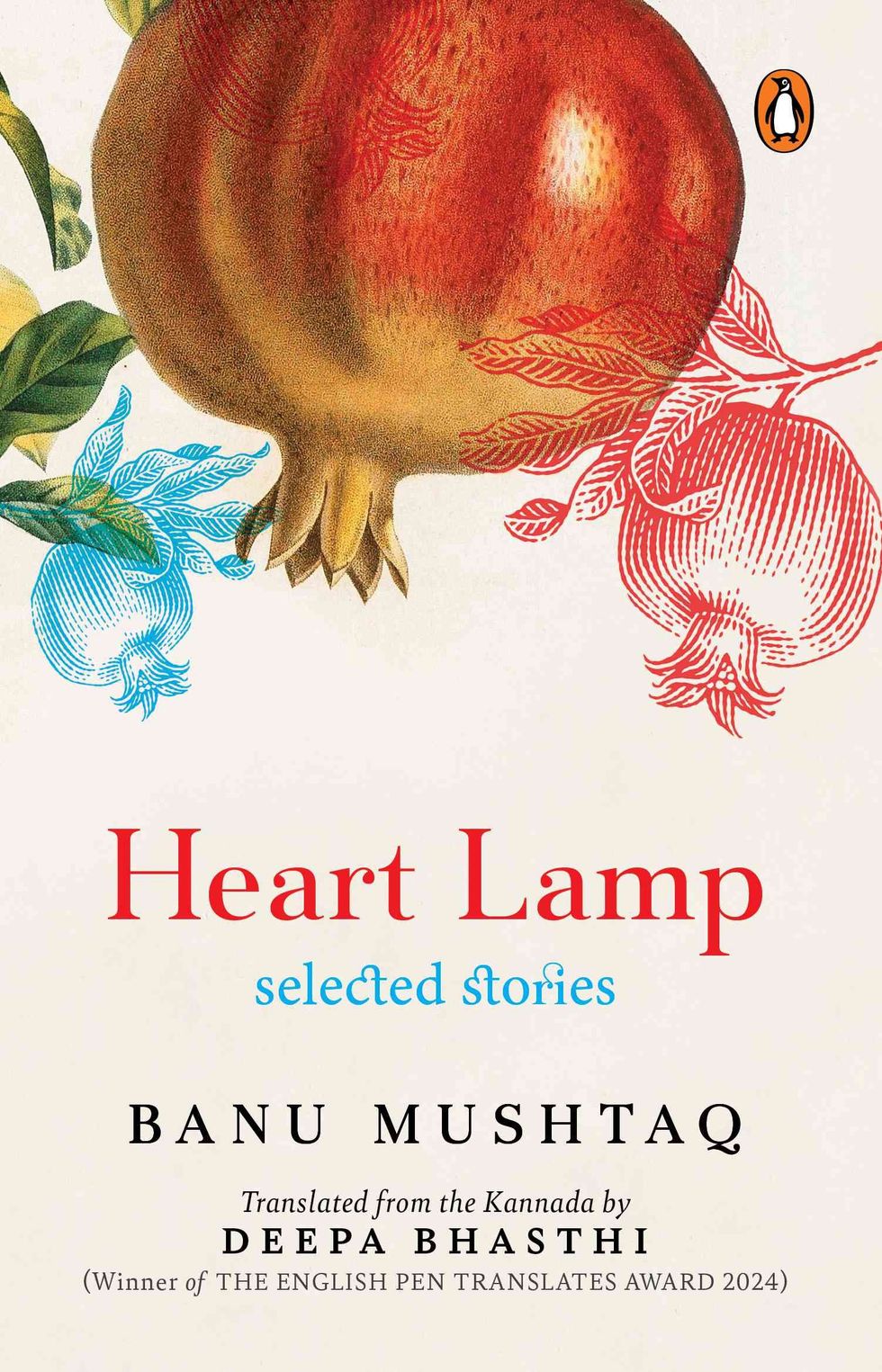











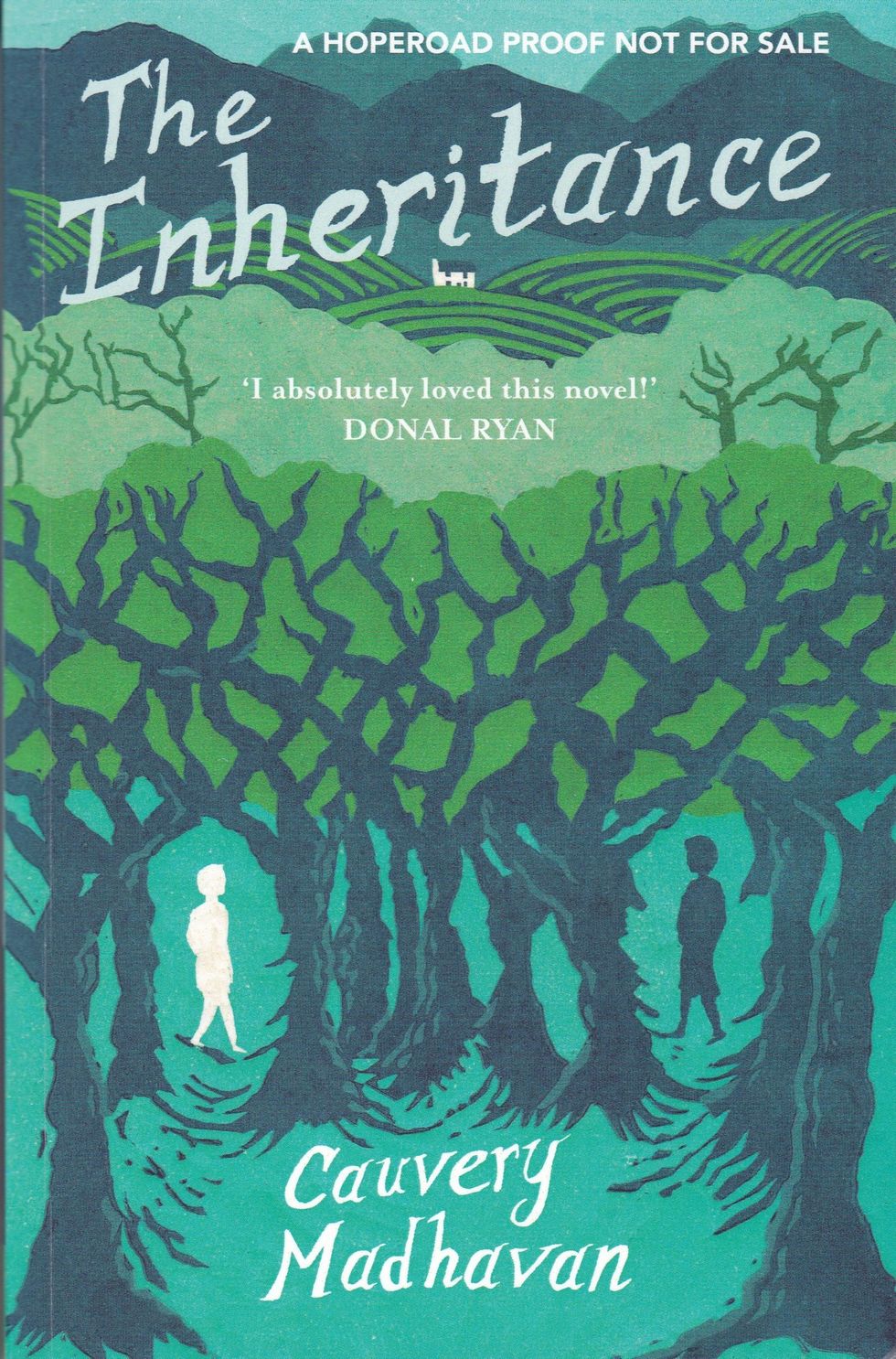 Her new novel
Her new novel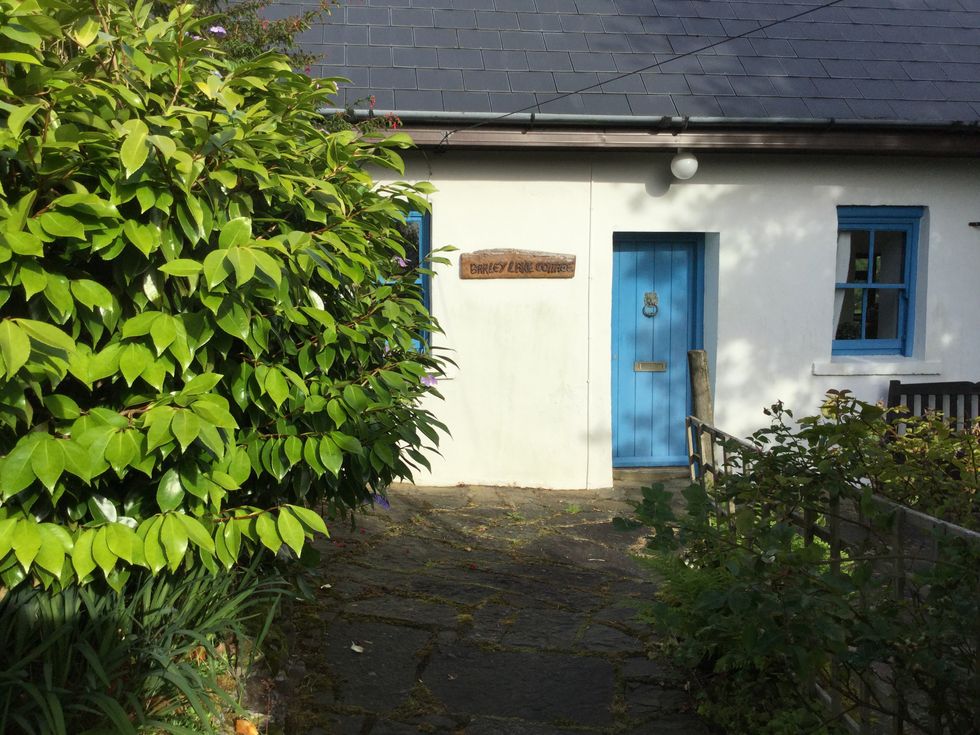 Her cottage in Glengarriff
Her cottage in Glengarriff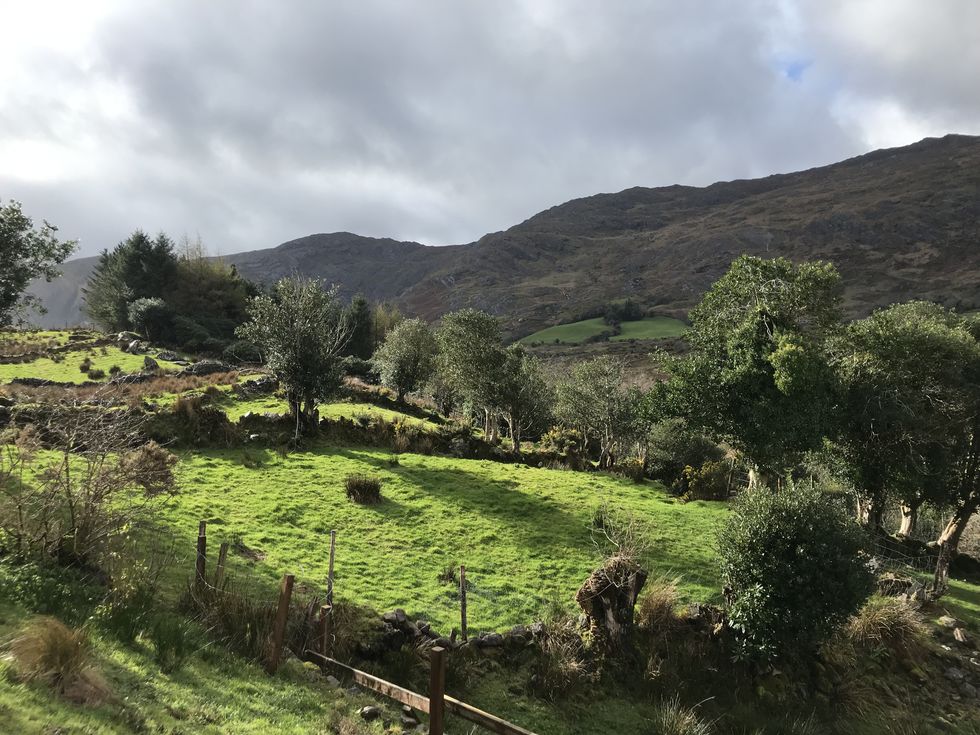 The view of the Caha mountains
The view of the Caha mountains
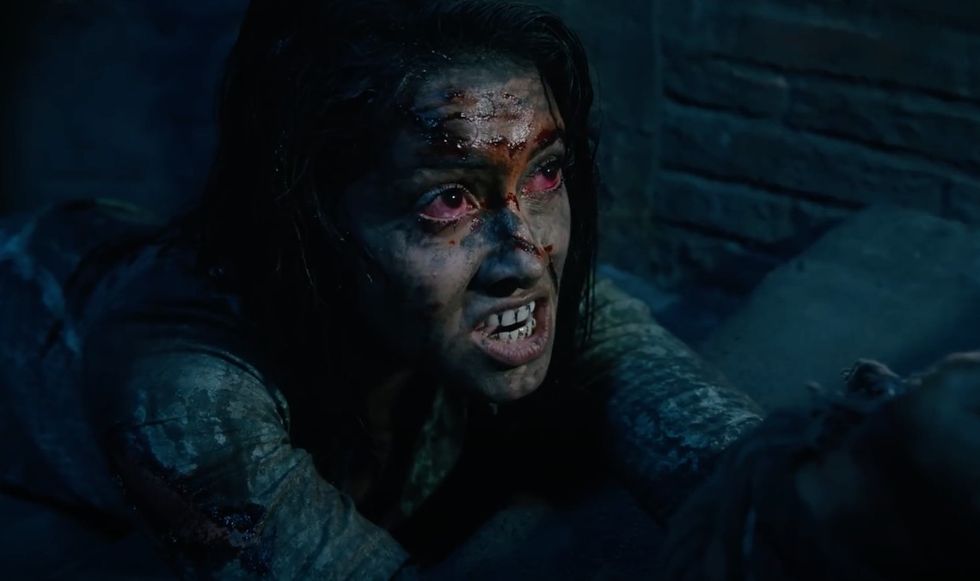 Chhorii 2
Chhorii 2
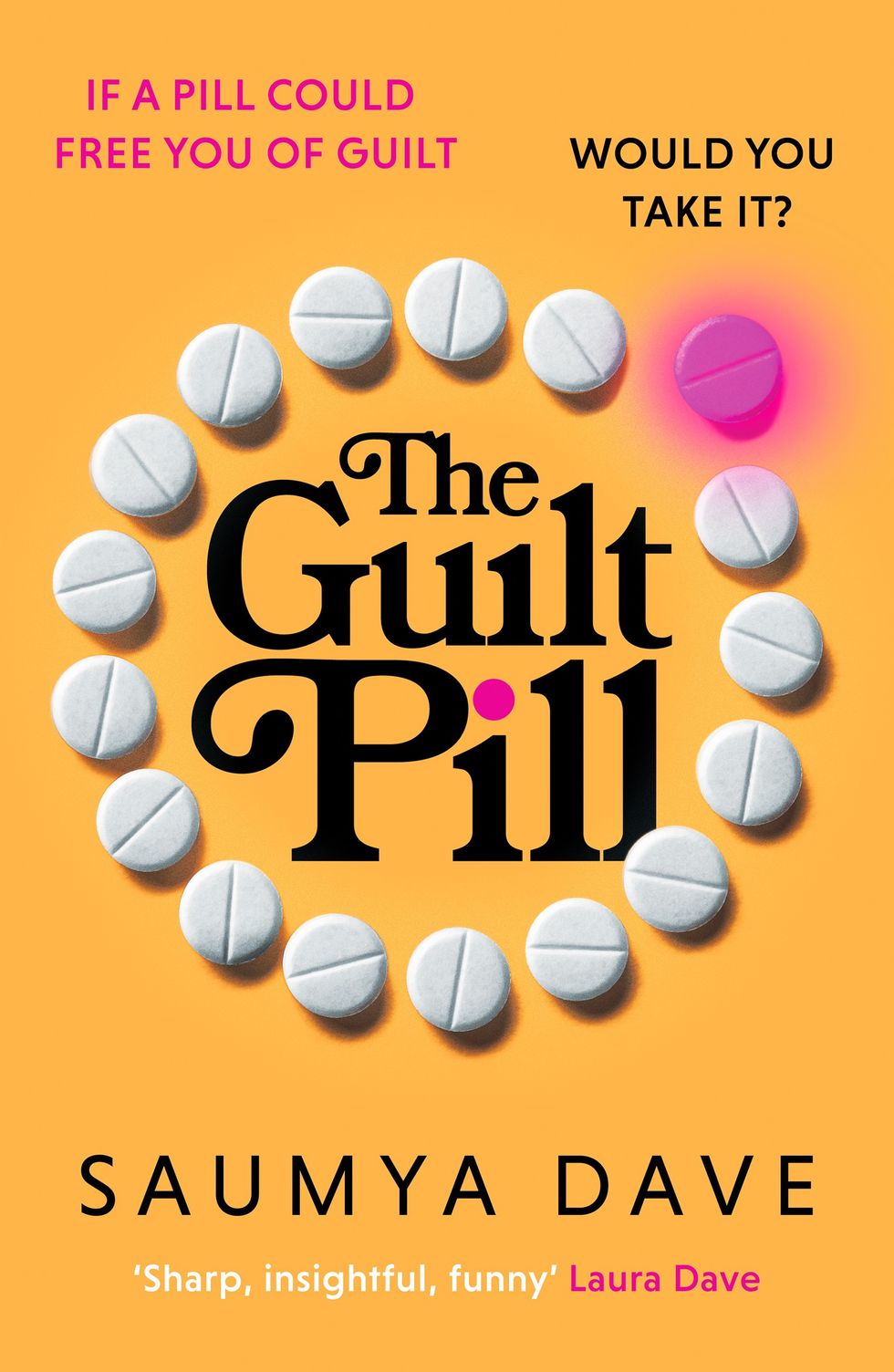 'The Guilt Pill' her latest booksaumyadave.com
'The Guilt Pill' her latest booksaumyadave.com